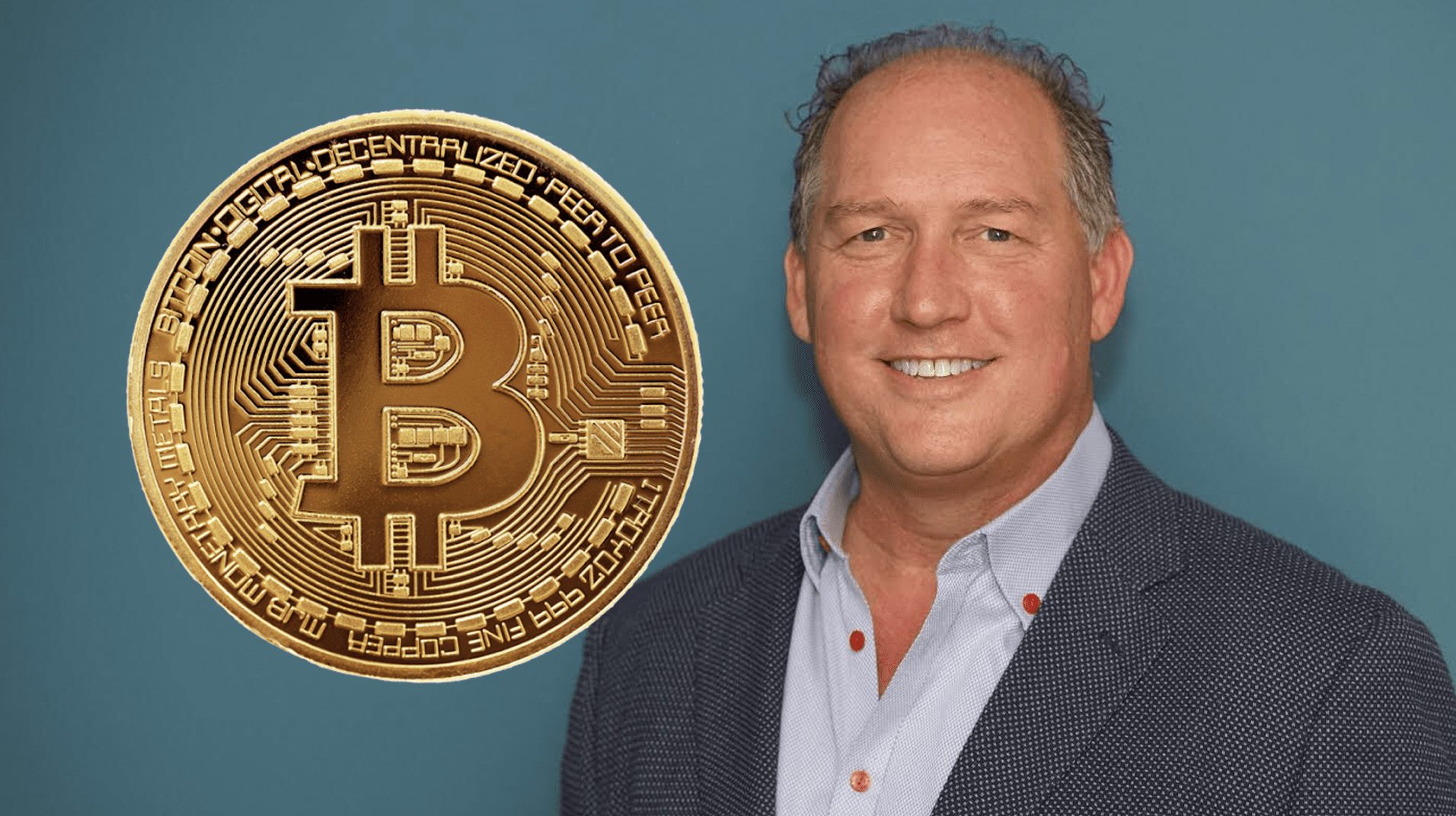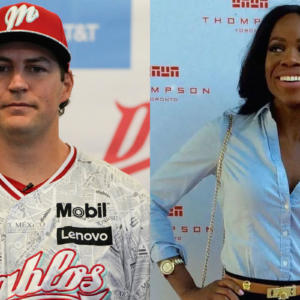Back in 2012, businessman and entrepreneur Stephen Meade was introduced to Bitcoin by a friend. Meade had a knack for identifying and winning big with trends in technology and business. In 1999 he had brought one of his companies public, a company that would eventually be a precursor to PayPal.
Here he was again, on the precipice of something revolutionary, that eventually would be one of the next big things, and Meade jumped in, buying 1,000 bitcoins at a price of $3.00 per coin.
What happened next, is what people still talk to Meade about to this day.
“I first learned about it in 2012 or 2011 from a gentleman who is a very good friend and one of the top guys in cryptocurrency named Brock Pierce. Brock and I had talked about creating global currencies for years. I had actually tried to create a global electronic currency back in 2000,” Meade told VTPost.
“Brock was on the cover of Wired Magazine on his own currency, and was one of the early pioneers for creating virtual currency inside gaming platforms. A very smart and accomplished guy.”
Through his friend Brock Pierce, a Bitcoin celebrity with a huge following, who as a child actor also appeared in two Mighty Ducks films for Disney, and starred with Sinbad in the film “First Kid,” Meade made a modest purchase of 1,000 Bitcoins at a very affordable price of $3.00 apiece.
“A lot of people say ‘do you regret not buying Bitcoin earlier?’” Meade said.
“My joke is I don’t regret buying it in 2012 when it was only $3. I regret selling it at $5 dollars because I just didn’t understand enough about how bitcoin works at the time.”
As a serial entrepreneur with many more hits than misses, Meade is programmed to roll with the flow when things may or may not work out in business. Is he aware that if he held on to those early coins they would be worth $50 million now, when the price is hovering around $50,000?
Yes, but he’s not losing sleep over it. He has submerged himself into the whole concept of bitcoin and cryptocurrencies in general, and for anyone that doesn’t fully grasp what it is or how it works, Meade breaks it down in a very easy to understand way.
“I never saw bitcoin as a currency.” he told VTPost.com. “I don’t think it is a currency now, and I don’t think it ever will be a currency. Calling bitcoin a cryptocurrency put it in a position of being some sort of currency or settlement. It’s not.
The way I looked at bitcoin once I figured it out is similar to a glorified American Express gift card, backed by a penny stock,” Meade explained.
“What I mean by that is I could buy a $500 AMEX gift card, but I’d have to walk up and down the street and find someone to take it. Most places won’t take an AMEX gift card. But if the $500 was actually a penny stock, I might wake up tomorrow and find my card is worth $200, or it could be worth $600, or it might be worth zero.
So to think you can have a currency as something that also fluctuates, it’s a massive fallacy. If you’re running a business and I give you a check for $1,000, you can’t wake up tomorrow and have it worth $700.
If someone had told me at the time I bought Bitcoin that it was like a penny stock, I would have said ‘great’ and just held on to it. I had a thousand coins. I would have held it past when it was $5.00. Maybe I wouldn’t have held it until now when it’s $50,000, but I would have held it long past $5.00”
Today, Meade sees Bitcoin as the world’s best store of value. Thinking of a single Bitcoin (currently around $50K) and comparing it to a single brick of Gold (currently over $500K), Meade believes Bitcoin has many more structural advantages than gold. It is more portable, easily accessible, transmitted electronically with an imbedded supply, and no middle man are just a few.
Meade feels Bitcoin as Gold 2.0 can give 99% of the world’s population access to a financial instrument they’ve never had before.
As Bitcoin works its way deeper and deeper into everyday life, many people don’t understand how it functions, or how a store or business is able to accept bitcoin as a form of payment. Meade explained it like this.
“The way it works is no different than a credit card. If you use your credit card at a merchant, and you buy something for $100 dollars, the merchant swipes your card, but the merchant technically doesn’t accept your credit card, a merchant processor does.
That store or restaurant you are spending $100 at signed up with somebody that told them they would allow you to take Visa, MasterCard or AMEX from customers. The store or restaurant signs up with the merchant processor, and when you the consumer swipes your credit card, the merchant processor looks at it and says, “oh, is this card valid. Are you the consumer on the network and valid?’
Two days later they put money in the merchants account. But the merchant himself really doesn’t technically accept credit cards, the merchant processor does.”
The reason that’s important is VISA and MasterCard are announced they are starting to do crypto. PayPal is accepting it. The reality is all a merchant has to do is sign up for something like Bitpay, which is a crypto processor, and put up a sign on their window that says ‘we accept bitcoin.’
But in reality they don’t. If you want to pay with Bitcoin in a restaurant, it goes to Bitpay, who takes the bitcoin currency, converts it to cash, and sends cash to the merchant.
The merchant is getting paid in cash, even though they say they are accepting payment in Bitcoin or crypto, technically they aren’t.”
Meade’s current project, MonetaPro.io, is best described as eBay meets PayPal 2.0. It’s a B2B Marketplace where companies list goods and services and transactions occur using a closed loop digital settlement platform.
For more on Stephen Meade, visit his website, www.thebullseyeguy.com


















Add comment